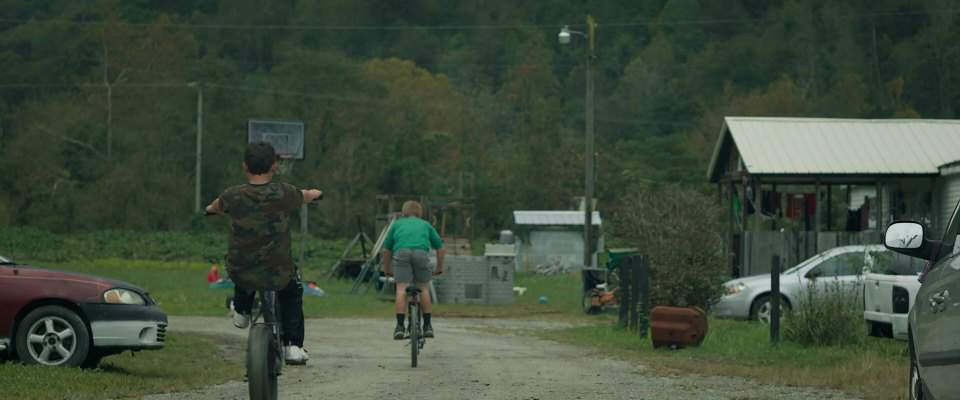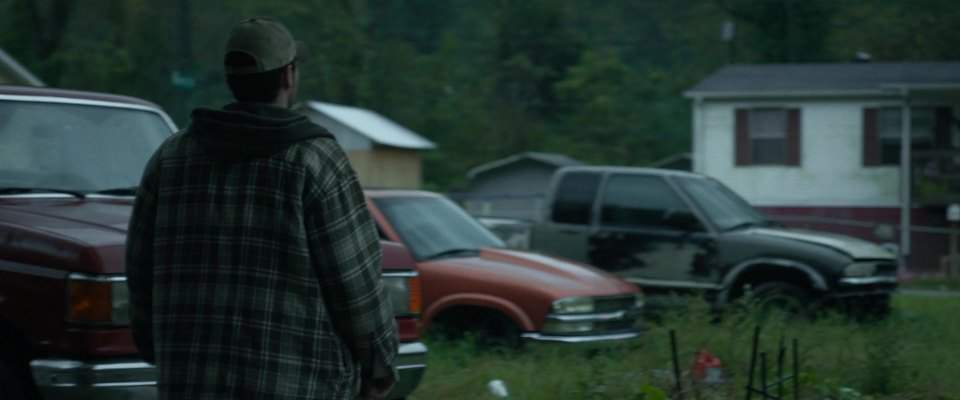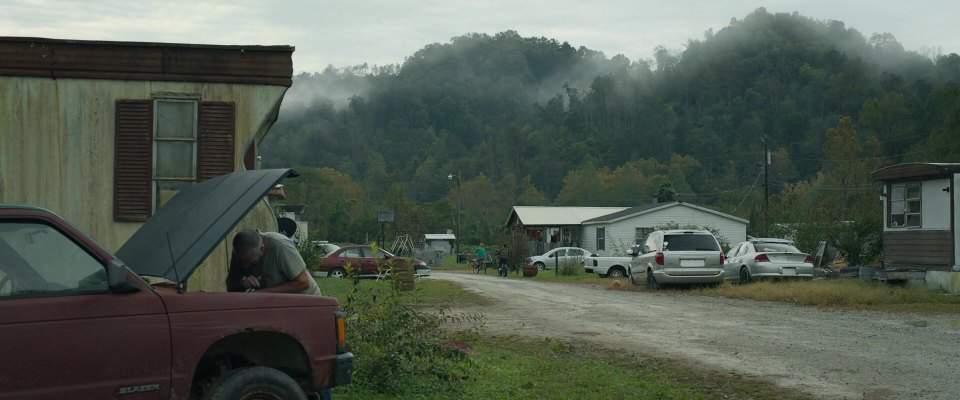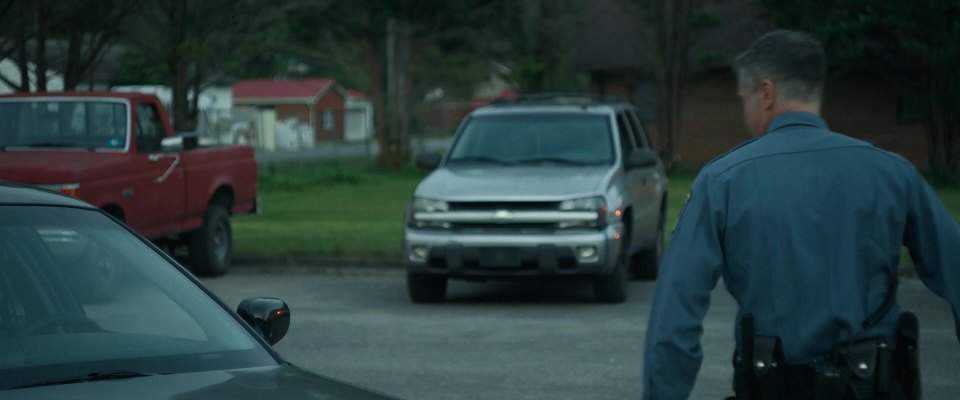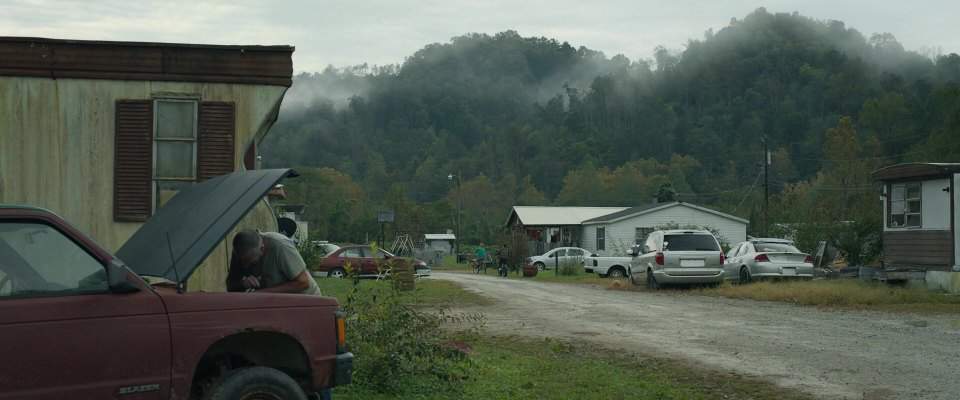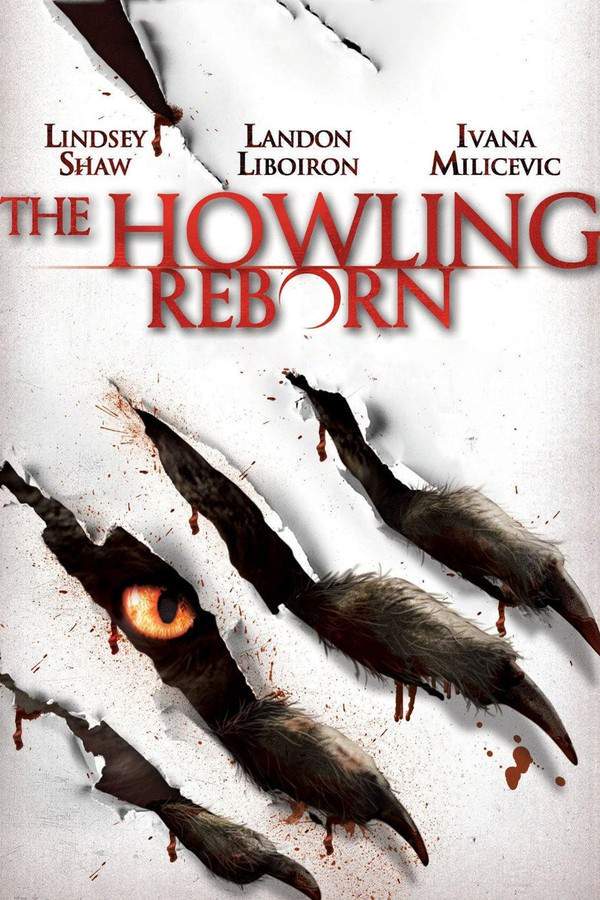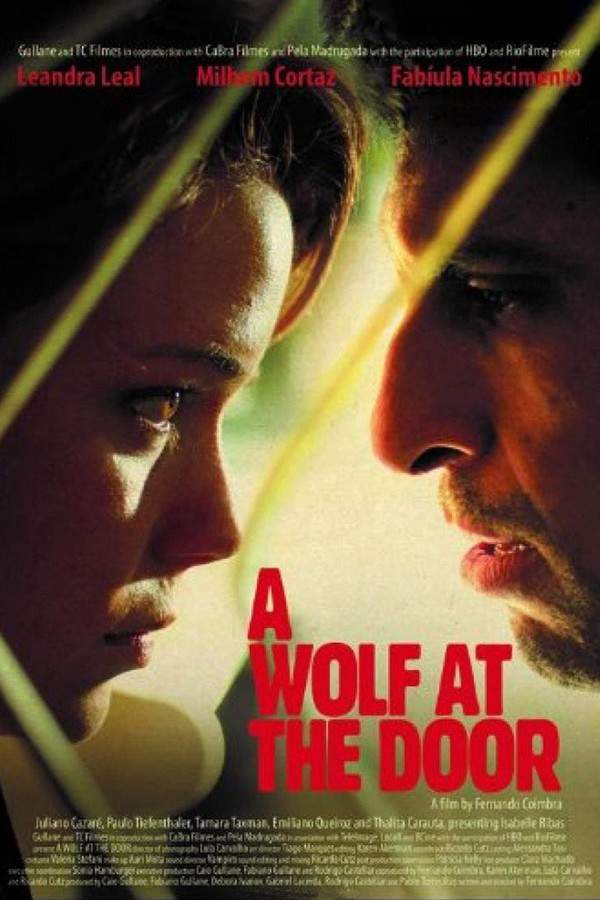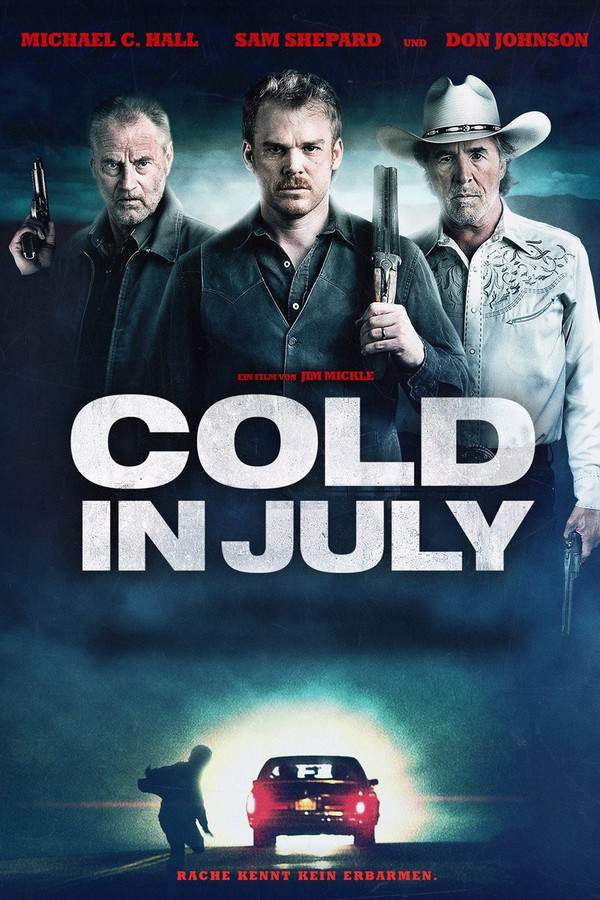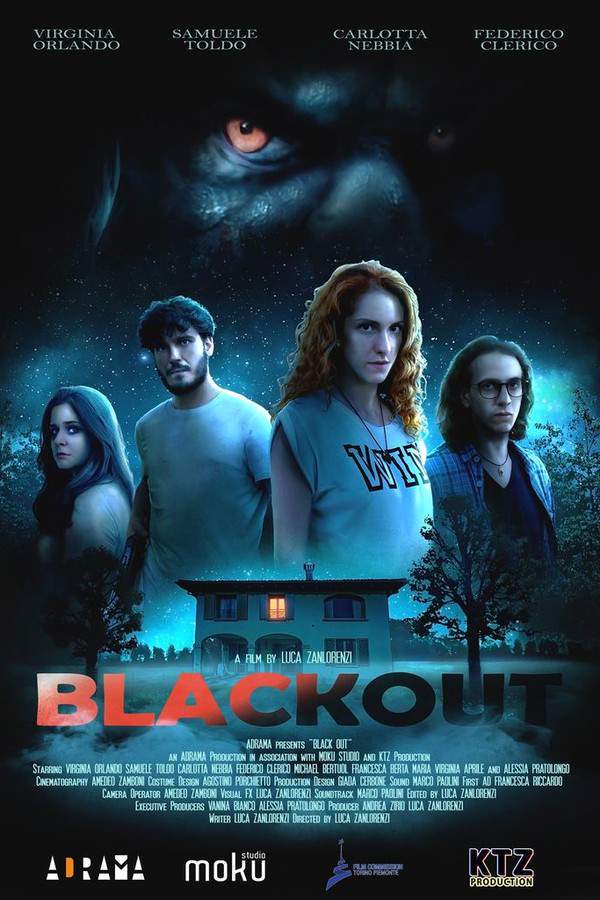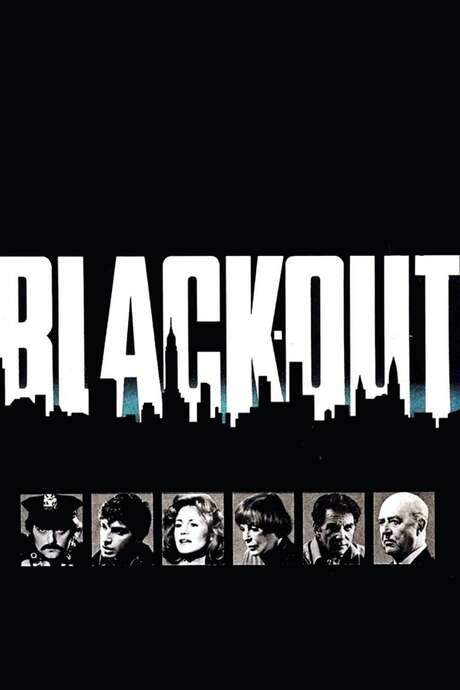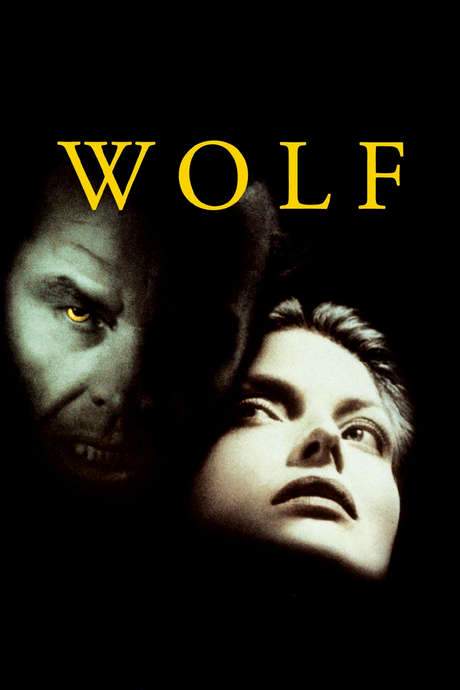The Wolf Hour 2019
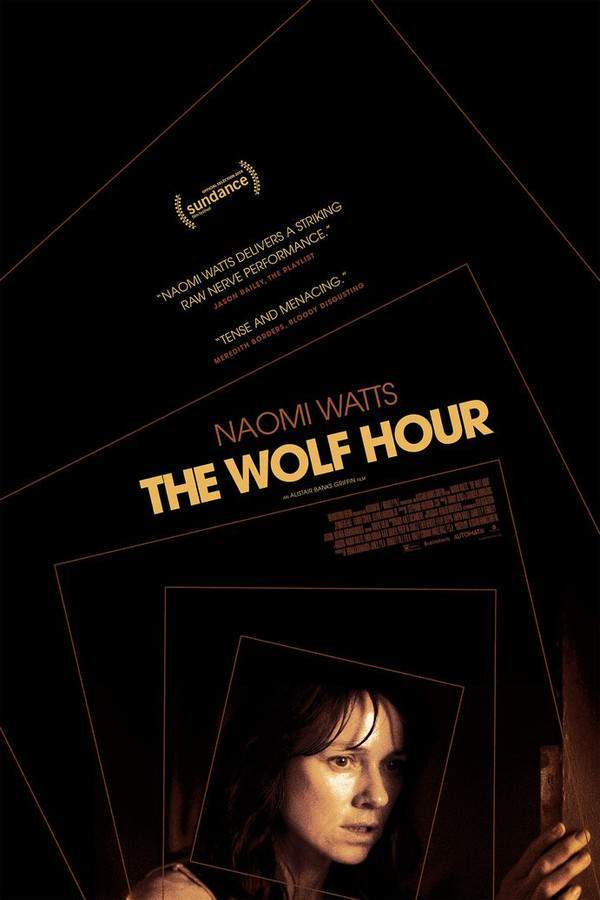
During the hot summer of 1977, June, a former counterculture figure, withdraws into her apartment in the South Bronx. As the city faces growing unrest and escalating violence, she finds herself increasingly isolated. The threat of the infamous New York City blackout riots looms, pushing June’s already fragile existence to the breaking point as chaos descends around her.
Does The Wolf Hour have end credit scenes?
No!
The Wolf Hour does not have end credit scenes. You can leave when the credits roll.
Meet the Full Cast and Actors of The Wolf Hour
Explore the complete cast of The Wolf Hour, including both lead and supporting actors. Learn who plays each character, discover their past roles and achievements, and find out what makes this ensemble cast stand out in the world of film and television.

Kelvin Harrison Jr.
Freddie

Naomi Watts
June Leigh

Jennifer Ehle
Margot

Jeremy Bobb
Officer Blake

Angel Christian Roman
Unibrow Gang Member

Emory Cohen
Billy

Justin Clarke

Brennan Brown
Hans J. Sparling

Maritza Veer
Samantha Ford

Ohene Cornelius
Savage Gang Leader

Pedro Hollywood

Richard Bird
Neighbor #1
External Links and Streaming Options
Discover where to watch The Wolf Hour online, including streaming platforms, rental options, and official sources. Compare reviews, ratings, and in-depth movie information across sites like IMDb, TMDb, Wikipedia or Rotten Tomatoes.
Ratings and Reviews for The Wolf Hour
See how The Wolf Hour is rated across major platforms like IMDb, Metacritic, and TMDb. Compare audience scores and critic reviews to understand where The Wolf Hour stands among top-rated movies in its genre.

The Movie Echo Score
In broad terms, The Wolf Hour offers an atmospheric premise that is undermined by uneven pacing and a fragmented narrative. The mood-setting evokes a sense of claustrophobic dread through restrained visuals and an unsettling sound design, yet these strengths are offset by a plot that never quite resolves its central mystery. While Naomi Watts delivers a committed performance, the overall momentum stalls too often to maintain engagement. The net result is a film that feels more forgettable than compelling.
The Movie Echo Score Breakdown for The Wolf Hour

Art & Craft
In terms of art and craft, The Wolf Hour presents a deliberate visual approach that emphasizes muted color palettes and atmospheric composition. The production design captures the stifling apartment setting with worn textures and subdued lighting. Editing choices reinforce a sense of stasis, though occasional pacing lags weaken the overall cohesion. The film’s stylistic ambition remains clear but uneven.

Character & Emotion
When it comes to character and emotion, Naomi Watts delivers a measured performance that conveys persistent tension and internal conflict. Her portrayal effectively anchors the film’s exploration of isolation, though the central character often feels unsympathetic due to limited backstory and unresolved motivations. Emotional resonance peaks in moments of whispered paranoia, but overall depth falls short of fully engaging the audience.

Story & Flow
Regarding story and flow, the narrative unfolds in a disjointed manner with prolonged stretches of atmosphere and minimal plot progression. Key elements such as the ominous buzzer and underlying mystery remain underdeveloped, leading to frustration with pacing and coherence. Although occasional twists appear, they lack sufficient buildup, resulting in a fragmented storyline.

Sensory Experience
In terms of sensory experience, the film cultivates an oppressive atmosphere through a restrained soundscape and warm, low-contrast visuals. Ambient noises and the recurring buzzer motif subtly heighten unease, while the score underscores the tension with minimalistic cues. However, reliance on subdued audio-visual elements sometimes dampens suspense rather than intensifying it.

Rewatch Factor
Concerning rewatch factor, The Wolf Hour offers limited incentives for repeat viewings. The film’s deliberate pacing and unresolved threads reduce its lasting appeal, and unresolved narrative questions overshadow the atmospheric strengths. While some audiences may appreciate further reflection on its thematic motifs, most are unlikely to return to its subdued and static progression.

42
Metascore
tbd
User Score


44%
TOMATOMETER

44%
User Score

4.9 /10
IMDb Rating

54
%
User Score

2.6
From 1 fan rating
Take the Ultimate The Wolf Hour Movie Quiz
Challenge your knowledge of The Wolf Hour with this fun and interactive movie quiz. Test yourself on key plot points, iconic characters, hidden details, and memorable moments to see how well you really know the film.
The Wolf Hour Quiz: Test your knowledge of 'The Wolf Hour' and its complex themes and characters.
What significant event contributes to June's emotional distress?
The death of her father
Her estrangement from Margot
Her writer's block
The chaotic riots outside
Show hint
Full Plot Summary and Ending Explained for The Wolf Hour
Read the complete plot summary of The Wolf Hour, including all major events, twists, and the full ending explained in detail. Explore key characters, themes, hidden meanings, and everything you need to understand the story from beginning to end.
In the brutal heat of 1970s New York City, former wordsmith June Leigh finds herself trapped in a self-made fortress within her grandmother’s deteriorating apartment. Once lively, the neighborhood below has transformed into a crime-ridden hellscape, but June remains anchored in her solitude, unable to summon the courage to step outside amid the notorious “Summer of Sam.” Her existence devolves into a daily cycle of anxiety, with her only connection to the world being the view from her fourth-floor window, where she gazes longingly yet helplessly at life passing by.
The tide of June’s seclusion begins to shift with the visit of her estranged friend, Margot. Margot’s presence starkly exposes June’s downward spiral into despair as she confronts the dilapidation of June’s living space—a physical embodiment of her emotional decay. Margot’s determination to coax June out of her self-imposed isolation highlights the struggle against June’s debilitating panic attacks, which form an unbreakable wall between her and the outside world.
As June grapples with her demons, her intercom buzzes relentlessly, echoing the reminders of the world she yearns to evade. In an attempt to equip June with a means of protection, Margot gifts her a .38 caliber gun, symbolizing the fragility and uncertainty that shroud her existence.
The root of June’s troubles gradually surfaces through haunting flashbacks that recount the painful loss of her father—his death, a source of family condemnation stemming from her controversial writing. This emotional wound, compounded by a severe writer’s block, leaves June creatively parched and emotionally desolate.
In a moment of unexpected vulnerability, June allows Freddie, a young grocery delivery boy, to wash up in her sink. This seemingly simple act of kindness ignites an unlikely friendship, marred by Freddie’s own tragic history—his mother lost in a house fire, leaving him with deep emotional scars.
Amidst her struggle for solace, June becomes acutely aware of an insidious force: the persistent buzzing of the intercom, a response from the world that she ardently avoids. An officer, Officer Blake, appears to offer his condolences, but his assurance rings hollow as he suggests a dubious exchange for protection.
In her desperate yearning for human connection, June is lured into fleeting moments of intimacy and transactional relationships. The unraveling dance happening in the adjacent apartment becomes a proxy for June’s repressed desires. When she finally gathers the courage to invite Billy, a male escort, to her home, their encounter is a fusion of desperation and detachment.
Billy, with his own tortured past marked by childhood abuse, resonates with June’s struggles. Their shared journey through desire acts as a catalyst for June’s creative rebirth. Amidst their laughter, the intercom continues its incessant call, drawing June back to the reality outside her window.
As June’s finances dwindle, she tasks Freddie with delivering her freshly written novel to the publisher. However, fate takes a cruel turn when he disappears without returning her check. Soon after, a power outage engulfs the neighborhood in chaos as rioters and looters seize the moment. Alone and frightened, June becomes a bystander in the rising anarchy.
In the madness, she catches a glimpse of Freddie once more, only to witness a shocking scene where an officer mercilessly beats him. Undeterred and resolute, she finally musters the bravery to step outside, her eyes fixed on the horizon as dawn breaks over the devastation.
The film reaches its climax as June stands transformed, having conquered her internal struggles, perched confidently in front of a television camera. The charismatic host leans in with a probing question about her latest literary work, inspiring a knowing smile that hints at her hard-won revival.
Uncover the Details: Timeline, Characters, Themes, and Beyond!

Coming soon on iOS and Android
The Plot Explained Mobile App
From blockbusters to hidden gems — dive into movie stories anytime, anywhere. Save your favorites, discover plots faster, and never miss a twist again.
Sign up to be the first to know when we launch. Your email stays private — always.
Watch Trailers, Clips & Behind-the-Scenes for The Wolf Hour
Watch official trailers, exclusive clips, cast interviews, and behind-the-scenes footage from The Wolf Hour. Dive deeper into the making of the film, its standout moments, and key production insights.
Cars Featured in The Wolf Hour
Explore all cars featured in The Wolf Hour, including their makes, models, scenes they appear in, and their significance to the plot. A must-read for car enthusiasts and movie buffs alike.
The Wolf Hour Themes and Keywords
Discover the central themes, ideas, and keywords that define the movie’s story, tone, and message. Analyze the film’s deeper meanings, genre influences, and recurring concepts.
The Wolf Hour Other Names and Titles
Explore the various alternative titles, translations, and other names used for The Wolf Hour across different regions and languages. Understand how the film is marketed and recognized worldwide.
Similar Movies To The Wolf Hour You Should Know About
Browse a curated list of movies similar in genre, tone, characters, or story structure. Discover new titles like the one you're watching, perfect for fans of related plots, vibes, or cinematic styles.
Quick Links: Summary, Cast, Ratings, More

What's After the Movie?
Not sure whether to stay after the credits? Find out!
Explore Our Movie Platform
New Movie Releases (2026)
Famous Movie Actors
Top Film Production Studios
Movie Plot Summaries & Endings
Major Movie Awards & Winners
Best Concert Films & Music Documentaries
Movie Collections and Curated Lists
© 2026 What's After the Movie. All rights reserved.
















